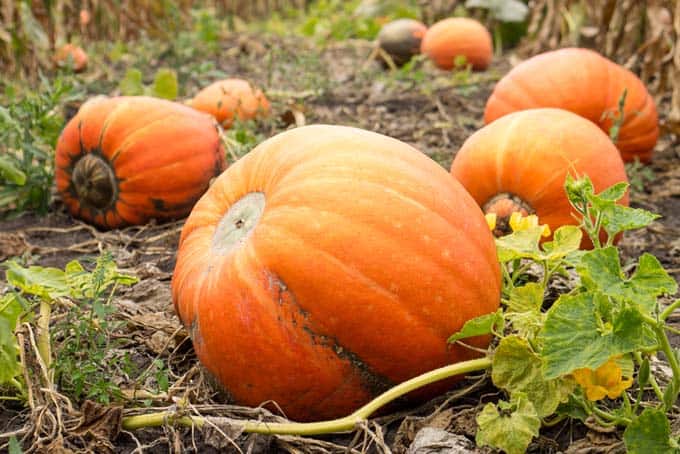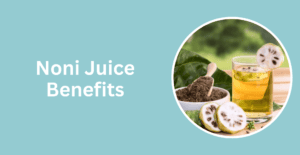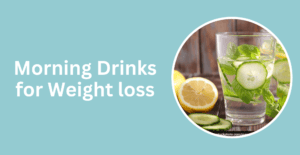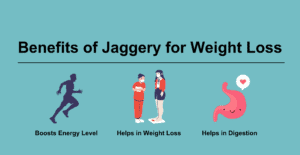Pumpkin is a sort of winter squash that belongs to the Cucurbitaceae family. It’s local to North America and particularly popular around Thanksgiving and Halloween. In the US, pumpkin is commonly known as Cucurbita pepo, an orange type of winter squash. In other regions, such as Australia, pumpkin is just sorted any type of winter squash. While commonly viewed as a vegetable, pumpkin is scientifically a fruit, as it contains seeds. That said, it’s nourishing more similar to vegetables than fruits.
Beyond its delectable taste, pumpkin is nutritious and associated to many health benefits.
Nutritional Facts-
Pumpkin has an impressive nutrient profile.
One cup of cooked pumpkin 250g contains :
- Calories: 49
- Fat: 0.2 grams
- Protein: 2 grams
- Carbs: 12 grams
- Fiber: 3 grams
- Vitamin C: 19% of the RDI
- Vitamin A: 245% of the Reference Daily Intake (RDI)
- Potassium: 16% of the RDI
- Copper: 11% of the RDI
- Manganese: 11% of the RDI
- Vitamin B2: 11% of the RDI
- Vitamin E: 10% of the RDI
- Iron: 8% of the RDI
- Low amounts of magnesium, phosphorus, zinc, folate, and several B vitamins.
Apart from being stuffed with vitamins and minerals, pumpkin is also relatively low in calories, as it’s 94% water. It’s also rich in beta-carotene, a carotenoid that your body turns into vitamin A.
Health Benefits of Pumpkin
1)Weight Loss–
This edible seed is stuffed with nutrients and yet has under 50 calories per cup. This makes it a nutrient-dense food. It’s also a fair source of fiber, which may suppress your appetite.
2)Protect your heart–
This food is stuffed with blood pressure-regulating minerals like potassium, magnesium, and iron. They\’re vital for providing oxygen to red blood cells. Astonishingly, one cup of pumpkin provides 14% of your daily value for potassium, whereas one banana has 12%.
3)Boosts immunity-
Pumpkin consists of beta-carotene, the precursor to vitamin A — a crucial antioxidant for visual acuity and skin integrity — as well as vitamins C and E, also important antioxidants for repairing your body’s cells from damage. Diets wealthy in antioxidants and potassium are also amazing to helping reduce your risk of cancer and heart disease.
4)Protect your eyesight–
It\’s dazzling orange coloring comes from its ample supply of beta-carotene, which is converted to vitamin A in the body. Vitamin A is crucial for eye health and helps the retina absorb and process light. A cup of pumpkin consists of a good daily intake of vitamin A, making it an outstanding option for optical health.
Pumpkin also consists of lutein and zeaxanthin, two antioxidants that are thought to help avert cataracts and may even slow the development of macular degeneration.
5)Promote healthy skin-
The edible fruit is excess in beta-carotene, which acts as a natural sunblock. It also consists of vitamins C and E, as well as lutein and zeaxanthin, which can help sustain your skin strong and healthy. So eating pumpkin can help you glance younger, but the pulp also makes a great, all-natural face mask that exfoliates and soothes. All you need is one-fourth cup pureed pumpkin, an egg, one tablespoon of honey, and a tablespoon of milk. Whisk, then apply it, wait for 15-20 minutes or so and wash it off with warm water.
6) Lowers cancer risk-
Pumpkins contain carotenoids, which function as antioxidants. These compounds help to lower risks of stomach, throat, pancreas, and breast cancers.
Pumpkin in your diet-
Pumpkin is succulent, versatile, and easy to add to your diet.
Its sweet relish makes it a popular ingredient in dishes like custards, pies, and pancakes. However, it performs just as well in relish dishes such as roasted vegetables, soups, and pasta. Pumpkins have very hard skin, so it requires some effort to slice. Once you cut it, scoop out the seeds and any stringy parts, then slice the pumpkin into wedges.
The seeds are also tender and contain nutrients that offer many other benefits. For instance, it\’s seeds may enhance bladder and heart health
Pumpkin is also attainable pre-cut or canned, giving you flexibility with your recipes and preparation. When buying canned, be sure to read labels carefully, as not all products will be 100% pumpkin and you may want to avoid added ingredients, particularly sugar.
The effortless way to eat pumpkin is to season it with salt and pepper and roast it in the oven. Many people also adore making it into pumpkin soup, especially during winter.
Takeaway
Wealthy in vitamins, minerals, and antioxidants, pumpkin is incredibly healthy. Plus, its low-calorie content makes it a weight-loss-friendly food. Its nutrients and antioxidants may enhance your immune system, shields your eyesight, lower your risk of certain cancers and promote heart and skin health. This food is very versatile and effortless to include in your diet in both sweet and savory dishes. Try including pumpkin into your diet to reap its health benefits.
Get yourself started today and Stay tuned for more such keto weight loss journeys, health content, and recipes! Also, don\’t forget to follow us on Instagram for the daily dose of the Keto Lifestyle!








